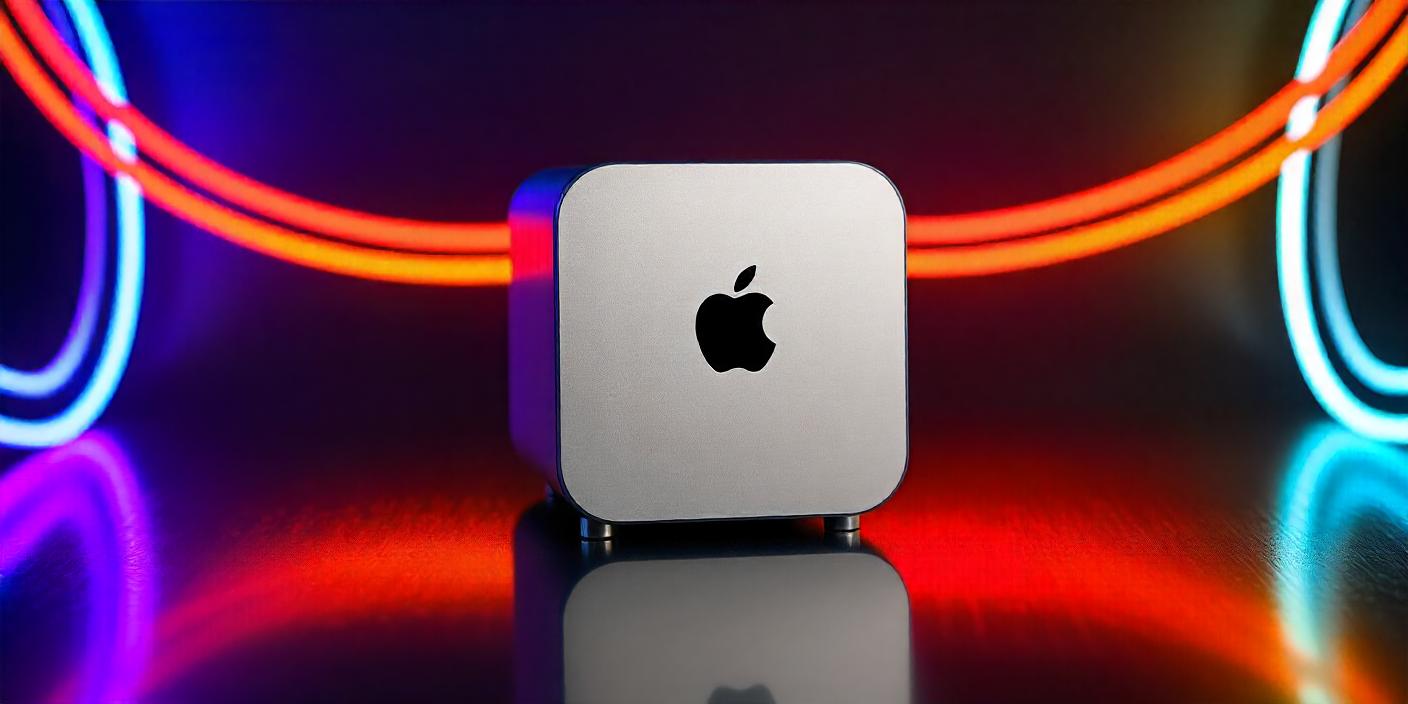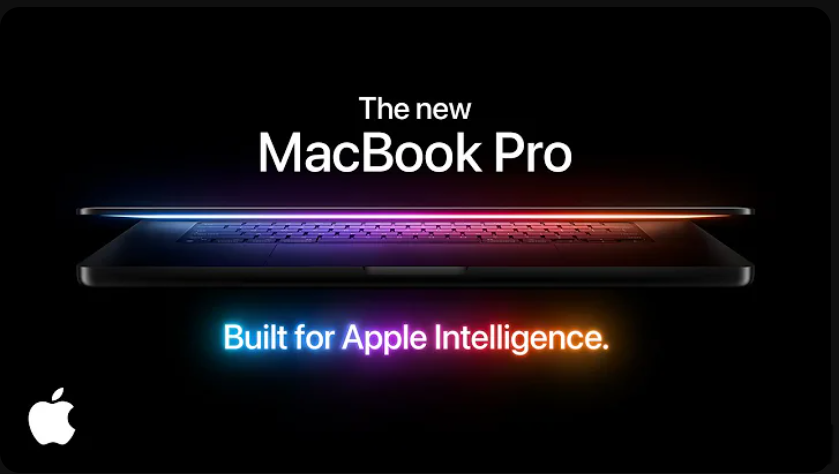
The M4 Mac Mini is Apple’s latest iteration in the compact desktop line, powered by the newly released M4 chip. This model builds on Apple’s move toward custom silicon, aiming to provide improved performance and energy efficiency. Here’s an in-depth look at its pricing, strengths, drawbacks, and options available:
1. Pricing
- The starting price for the base model of the M4 Mac Mini varies depending on configuration, but it is typically expected to start at around $699-$899 for entry-level versions. Higher-end versions with increased RAM and storage can push the price up to $1,500 or more, depending on the upgrades.
- Configurations: The base model usually comes with 8GB of unified memory and 256GB of SSD storage, with customizable options for up to 32GB or 64GB of RAM and up to 2TB of SSD storage.

2. Strengths of the M4 Mac Mini
- Powerful Performance: The M4 chip builds on the M2 and M3 architectures with significant performance enhancements, featuring more efficient cores and enhanced GPU capabilities. This makes it suitable for multitasking, software development, video editing, and other demanding tasks.
- Energy Efficiency: Like its predecessors, the M4 chip is designed to deliver high performance with low power consumption. This allows the Mac Mini to maintain peak efficiency and stay cool without large cooling systems.
- Compact Design: The Mac Mini’s compact size makes it a great option for users with limited desk space or those looking for a versatile computer that can fit into various setups, including home theaters or small offices.
- Connectivity: The M4 Mac Mini comes with a range of ports, including Thunderbolt 4, USB-A, HDMI 2.1, and Ethernet, supporting a wide range of peripherals and dual-monitor setups at higher resolutions and refresh rates.

3. Drawbacks of the M4 Mac Mini
- Limited Upgradeability: Like other Apple silicon-based devices, RAM and storage are soldered onto the board and cannot be upgraded post-purchase. This necessitates careful consideration of initial configurations.
- Integrated Graphics: Although the M4 chip’s GPU is powerful for an integrated solution, it still falls short compared to dedicated GPUs. This might limit performance in certain high-end gaming or 3D rendering applications.
- No Customization for Pro Users: While the M4 Mac Mini is powerful, users who need extreme performance for tasks like professional 3D rendering or intensive simulations might find its limitations restrictive compared to the Mac Studio or Mac Pro options.

4. Best Options and Who Should Buy It
- Casual and General Users: The M4 Mac Mini is excellent for everyday tasks, content consumption, light photo and video editing, and basic gaming.
- Developers and Professionals: With a higher RAM configuration and upgraded storage, it’s suitable for developers and professionals who work with programming environments, creative apps, and multiple virtual machines.
- Budget-Conscious Power Users: If you’re looking for a balance of power and price without the need for portability, the M4 Mac Mini offers great value compared to MacBook Pro or iMac alternatives.

Alternative Recommendations
- Mac Studio: For users needing more performance, the Mac Studio with M3 Max or Ultra chips provides more GPU cores and advanced capabilities at a higher price.
- MacBook Pro (M4): If you need a portable version with comparable power, the new M4 MacBook Pro may offer the same chip benefits in a mobile form factor.
The M4 Mac Mini is ideal for users wanting high performance in a compact, cost-effective package but should be configured thoughtfully due to its lack of post-purchase upgrade options.




